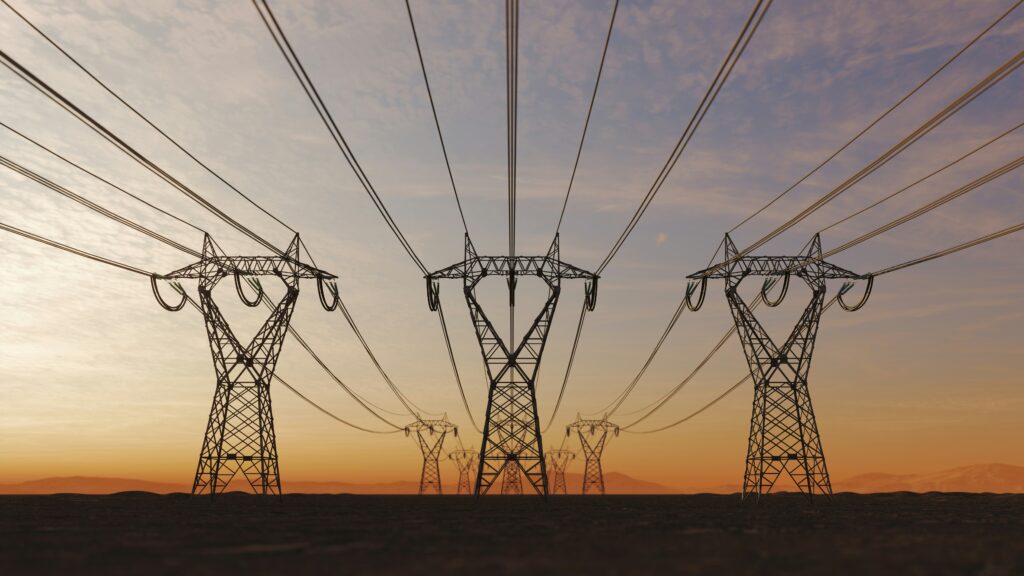
On September 15, EFI Foundation CEO Ernest Moniz gave remarks virtually at the Inter-American Business and Nature Forum 2023 in the session titled, “Energy, Infrastructure and Just Transition.” The meeting was hosted by the Inter-American Institute on Justice and Sustainability and LatAm INVESTOR. It brought together a variety of leading companies, authorities, and investors from Latin America and the Caribbean to discuss the crossover of business, climate, energy, and biodiversity.
Moniz began his remarks by emphasizing the importance of joining together to address global problems surrounding climate change.
“We’ve always put coalition building at the top of our list for addressing climate change, energy security, and social justice in one, not multiple, conversations,” Moniz said. “Bringing together champions in the worlds of business, nature, and social justice is an example of just such coalition building. …”
Throughout his talk, Moniz highlighted opportunities for the clean energy transition in Latin America.
“In addressing climate change, the electricity sector has been leading the way, and must lead the way, in economy-wide decarbonization,” Moniz said.
Moniz mentioned that Latin America uses hydropower for 45% of its electricity and is the global leader of this zero-carbon energy source. However, Moniz said that extreme weather events influenced by climate change—including droughts, floods, and volatile rainfall patterns—may, unfortunately, threaten hydropower’s reliability.
Biomass is another abundant Latin American resource, and Moniz said that low-carbon (and potentially negative-carbon) bioenergy technology is at its early development stages and could be a valuable part of the energy transition. He noted that it is imperative to keep social justice issues and the preservation of biodiversity at the forefront while implementing sustainable bioenergy.
“Social justice issues for underserved populations are, again, of great importance and need to be front and center,” he said.
For an overall climate-resilient electricity system, Moniz said Latin American countries will need more than just hydropower and bioenergy. He named natural gas as an ideal transition fuel, of which Latin America holds a significant supply. Burning natural gas for electricity results in fewer greenhouse gas emissions than coal or oil, and so it can be a way for countries to lower their carbon emissions. National and global coalitions can help to solve logistical challenges surrounding natural gas transportation and infrastructure.
Resilient energy supply chains are also a key part of a sustainable energy economy, and Moniz emphasized the importance of international cooperation during this process. Latin America holds materials that are essential to the development of clean energy technology.
Moniz said the development of these essential resource supply chains creates “major opportunities in the Americas for new levels of cooperation and mutually beneficial economic interdependence.”
Latin America will continue to be a central part of the decarbonization conversation. The international climate summit, Conference of the Parties (COP), is set to be held in the Amazonian city of Belém do Pará Brazil in 2025 (COP30).
–Callyn Bloch, Communications Fellow



